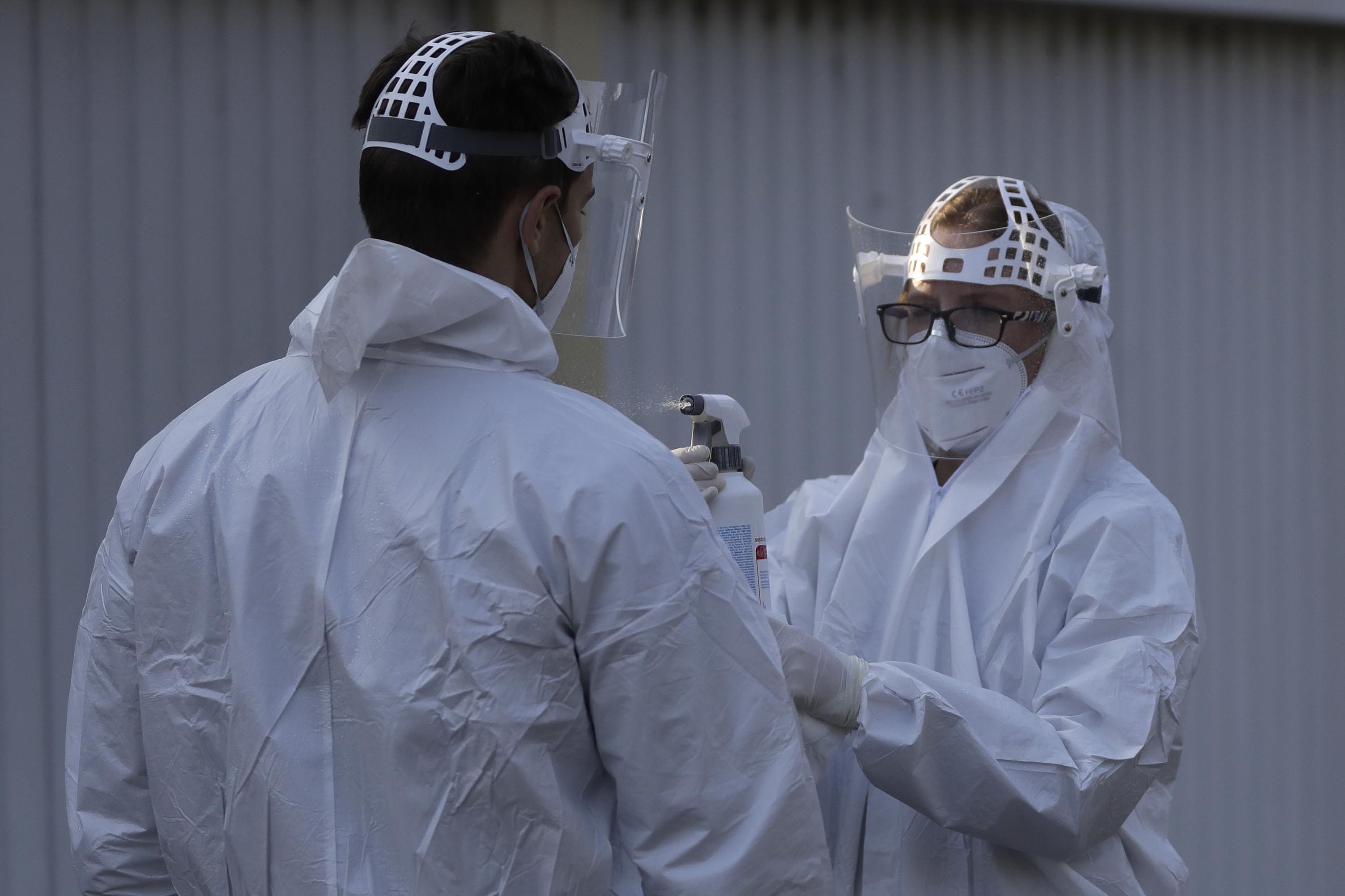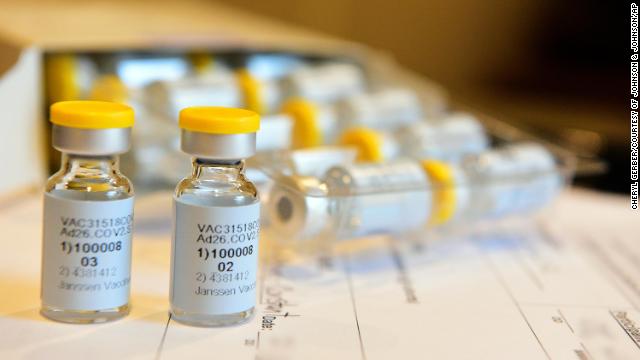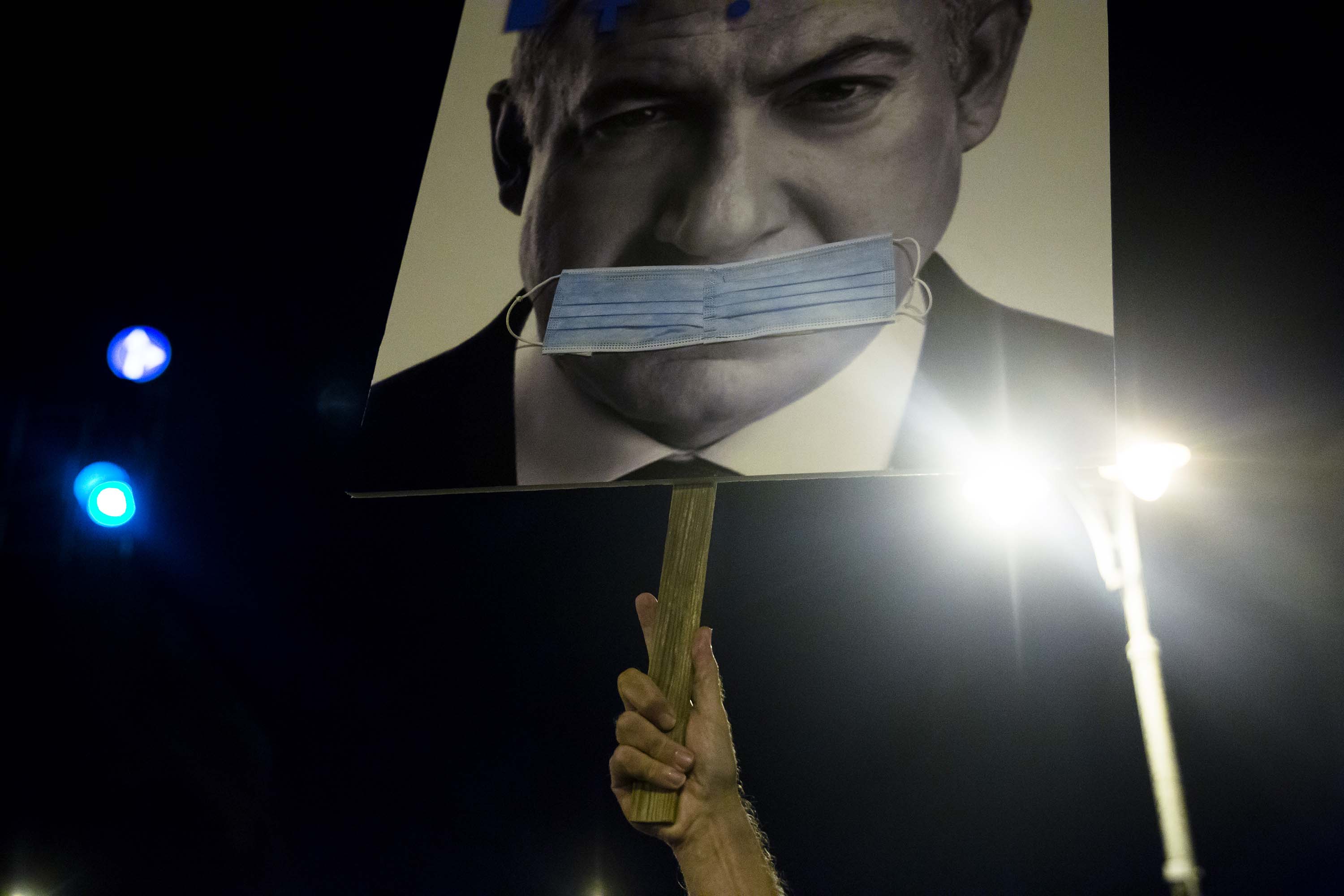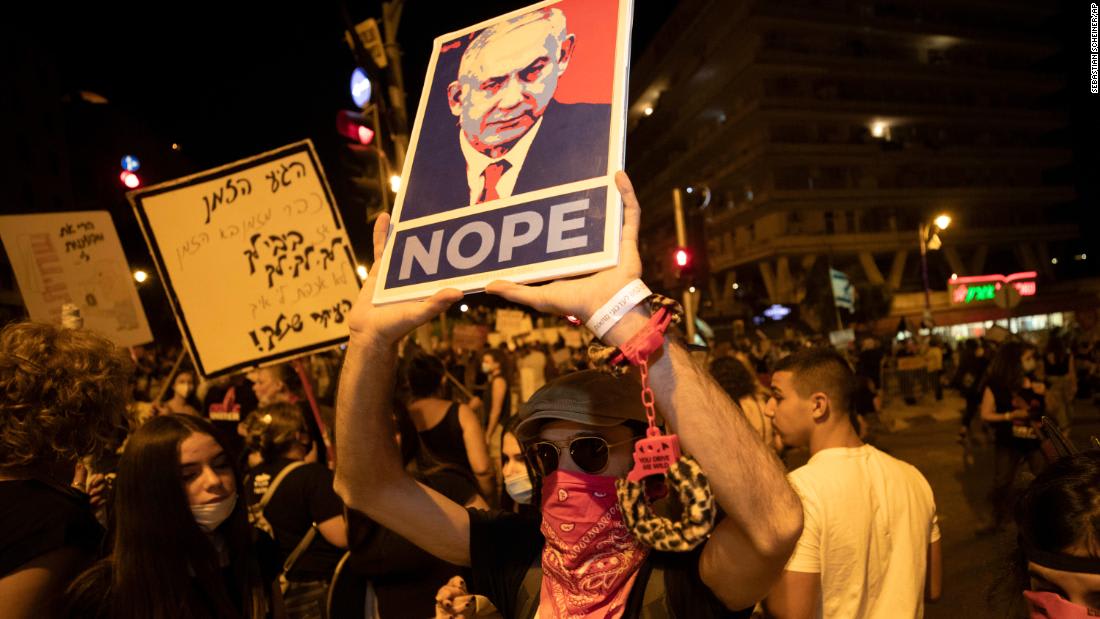India adjourns Upper House Parliament a week early amid growing number of virus cases
From journalist Manveena Suri in New Delhi
India’s Upper House of Parliament, the Rajya Sabha, has adjourned indefinitely, a week ahead of schedule, in light of the rising number of Covid-19 cases across the country.
"I have to inform the members that the government has decided to recommend the adjournment of the House sine die today. But some important legislative business passed by the Lok Sabha must be disposed of before adjournment of the House sine die [indefinitely],” Minister of State for Parliamentary Affairs V. Muraleedharan informed the Upper House.
"This August house had to function from six different locations, including chambers of both the houses, four galleries of the house, the first of its kind in the history of Rajya Sabha. In another first, we functioned on Saturday and Sunday of the last week, without taking the usual break," he added.
Several opposition parties are currently boycotting the house and the benches were empty as the Upper House passed the Foreign Contribution (Regulation) Amendment Bill, the Bilateral Netting of Qualified Financial Contracts Bill, the three labor codes, and the Jammu and Kashmir Official Languages Bill on the last day.
The sudden conclusion of the Monsoon Session, which began on September 14 and is due to end on October 1, comes amid an uproar over the government's farm bills, which were passed on Sunday.
Eight opposition Rajya Sabha MPs were suspended for unruly behavior, which triggered the boycott by opposition parties in proceedings in both the upper and lower houses, demanding the suspension be revoked.
The Lower House, or Lok Sabha, will meet at 3 p.m. local time and is also likely to be adjourned.
28-year-old doctor who died of Covid-19 was a “role model,” friends say
From CNN's Adrienne Vogt
 Adeline Fagan. Courtesy Fagan Family
Adeline Fagan. Courtesy Fagan FamilyFriends of a 28-year-old doctor who died after a months-long battle with coronavirus remember her as a friendly, caring person who served as a “role model” for many.
Adeline Fagan was a second-year OB-GYN resident living in Houston. She developed Covid-19 symptoms in July, but didn’t respond to treatments and was placed on a ventilator before she died.
“It’s not something that you think of at 27, 28, that your friend dies. And that’s kind of what’s happening during this pandemic. We’re seeing all these young adults getting infected by this virus,” Dr. Catherine De Guzman, a friend of Fagan’s since medical school, said on CNN’s “New Day.”
“I have like nightmares and...wake up thinking that maybe this isn't real. But then I remind myself that it is,” she added.
Dr. Tiffany Lin, another medical school friend, said that Fagan was a warm and caring person who went out of her way to help others.
Fagan would set up “friend dates” to get to know everyone in her class.
“She valued happiness on par with her studies,” said Dr. Timothy Shub said.
De Guzman said she will continue to look to Fagan as an example.
“She was pretty much my role model and who I wanted to become,” De Guzman said. “…She was just like someone I wanted to be, someone I still strive to be.”
Watch more:
Here's the latest on the second wave in Europe
 A healthcare worker has his protective suit disinfected by another worker at a COVID-19 sampling station in Prague, Czech Republic, on September 21. Petr David Josek/AP
A healthcare worker has his protective suit disinfected by another worker at a COVID-19 sampling station in Prague, Czech Republic, on September 21. Petr David Josek/APAfter successfully tamping down the first surge of infection and death, Europe is now in the middle of a second coronavirus wave as it moves into winter.
If you're just reading in now, here's where things stand in countries across Europe:
CORRECTION: An earlier version of this post incorrectly reported Czech Republic bars and restaurants will begin closing at 10 p.m. on Wednesday. The new restrictions go into effect on Thursday.
The US Covid-19 death toll is equivalent to 109 Hurricane Katrinas
From CNN's Eliza Mackintosh
The death toll in the United States from the coronavirus pandemic has surpassed 200,000 -- the most fatalities of any country in the world.
The staggering scale of that loss is hard to fathom. It's equivalent to suffering the effects of 109 Hurricane Katrinas. Or enduring the 9/11 attacks every day for 66 days.
Behind those numbers are people: A beloved radio host, a navy veteran, a progressive pastor, 20-year-old siblings.
But survivors and victims' families say that those tragedies have been obscured by rampant misinformation, and President Donald Trump's minimizing of the pandemic. Their message: This is not a hoax.
What did Trump have to say about the desperate milestone? "It's a shame."
A version of this story appeared in the September 23 edition of CNN's Coronavirus: Fact vs. Fiction newsletter. Sign up here to receive the need-to-know headlines every weekday.
Johnson & Johnson's single-dose vaccine enters phase 3 trials
From CNN's Lauren Mascarenhas
 This September 2020 photo provided by Johnson & Johnson shows a single-dose COVID-19 vaccine being developed by the company. Cheryl Gerber/Courtesy of Johnson & Johnson/AP
This September 2020 photo provided by Johnson & Johnson shows a single-dose COVID-19 vaccine being developed by the company. Cheryl Gerber/Courtesy of Johnson & Johnson/APJohnson & Johnson’s Covid-19 vaccine candidate begins phase 3 trials in the United States on Wednesday. Trials for the single-dose vaccine, which uses a human adenovirus, will include up to 60,000 adult participants at nearly 215 sites in the US and internationally.
The vaccine candidate was developed by Janssen Pharmaceutical Companies, a subsidiary of Johnson & Johnson. Phase 3 trials will begin immediately, with the first participants receiving doses Wednesday, Johnson & Johnson Chief Scientific Officer Dr. Paul Stoffels said on a call with reporters Tuesday.
Initial findings from the vaccine’s phase 1/2 trials in the US and Belgium suggest the vaccine provokes an immune response and is safe enough to move into large-scale trials.
Phase 3 trials will examine the safety and effectiveness of a single dose against a placebo to prevent symptomatic Covid-19. The fact that the trial will examine the efficacy of a single dose of the vaccine, instead of two doses, should expedite results, said Stoffels.
Trials will run in Argentina, Brazil, Chile, Colombia, Mexico, Peru, South Africa and the United States. Johnson & Johnson intends to run a separate phase 3 trial in collaboration with the UK government to examine the effectiveness of two doses
If the vaccine is proven safe and effective, Johnson & Johnson said it expects the first doses to be available for emergency use authorization from the US Food and Drug Administration by early 2021.
Where things stand: Moderna, Pfizer/BioNTech and AstraZeneca also have Covid-19 vaccine candidates in Phase 3 trials in the United States, although AstraZeneca’s trial is currently paused.
Johnson & Johnson’s phase 3 trial is being conducted in collaboration with Operation Warp Speed, the federal government’s coronavirus vaccine effort.
Dr. Gupta discusses Johnson & Johnson’s vaccine:
Indoor winter gatherings could be "extremely dangerous," doctor and writer says
From CNN's Adrienne Vogt
Dr. James Hamblin, a staff writer at The Atlantic, says he’s concerned about the upcoming winter during the coronavirus pandemic.
“When the cold and flu and the coronavirus all hit at the same time, it's a potential for a really potent mix,” he said on CNN’s “New Day.”
Hamblin’s suggestions for winter include accepting reality, planning for more shutdowns and living like you are already contagious.
“The worst mistake we can make is to assume that because things are going well or because a neighborhood or city where you are is opening, that's going to continue apace. It might level off, it might have to go back and shelter in place a little while,” he said.
Hamblin said that families should consider not gathering indoors for long periods of time during the holiday season, which could create as “extremely dangerous situation.”
“I would plan ahead to just try to create some new traditions this year,” he said.
Even if a vaccine is available, Hamblin said that should be taken along with “bundling” treatment and prevention of the virus — which includes wearing masks, social distancing and testing protocols.
Watch more:
China to loosen visa rules for select foreigners
From CNN's Steven Jiang in Beijing
China announced Wednesday that it would relax visa policies for some foreigners, in the latest sign of the government’s confidence in its containment of Covid-19.
Starting September 28, foreign nationals holding three types of long-term visas -- called residence permits -- are allowed to enter China without having to apply for a new visa, said the Chinese Foreign Ministry and National Immigration Administration in a notice posted online.
The new rule covers people who hold visas for work, personal matters and family reunions.
The latest policy, however, doesn’t apply to China-based foreign journalists, according to a Foreign Ministry official.
China effectively closed its borders to most foreign nationals in late March as part of its effort to fight the spread of coronavirus. That month it suspended all previously issued visas for foreigners not already in the country.
Eligible foreigners who enter China under the new rule “shall strictly abide by the Chinese regulations on epidemic prevention and control,” the notice added. “While ensuring effective epidemic control, the Chinese government will continue resuming people-to-people exchanges in a step-by-step and orderly manner.”
Israel is winning on the world stage, but losing the plot at home
Analysis by CNN's Oren Liebermann in Jerusalem
 A protester holds a sign depicting Israeli Prime Minister Benjamin Netanyahu with a face mask during a demonstration in Jerusalem on September 20. Amir Levy/Getty Images
A protester holds a sign depicting Israeli Prime Minister Benjamin Netanyahu with a face mask during a demonstration in Jerusalem on September 20. Amir Levy/Getty ImagesLast week's signing ceremony on the south lawn of the White House, as Israel, the United Arab Emirates and Bahrain normalized relations, was the celebration Prime Minister Benjamin Netanyahu wanted -- and the distraction he needed.
"Let us pause for a moment to appreciate this remarkable day. Let us rise above any political divide. Let us put all cynicism aside. Let us feel on this day the pulse of history," he said last Tuesday. "For long after the pandemic is gone, the peace we make today will endure."
At home it's a different story, however. The second wave of coronavirus infections in Israel long ago eclipsed the first, forcing the country into a second general lockdown that has shuttered schools, restaurants, entertainment venues and more.
And while the coronavirus may be the most pressing challenge facing Netanyahu right now, it's far from the only one. The 70-year-old leader is being attacked from both left and the right, not only for his handling of the public health crisis, but also for mismanagement of the economy, his response to his criminal trials, and more.
Read the rest of the article here:
Class action lawsuit filed against Austria over virus outbreak at ski resort
From CNN's Stephanie Halasz
 A ski resort advertisement in Ischgl, Austria, on September 9. Sean Gallup/Getty Images
A ski resort advertisement in Ischgl, Austria, on September 9. Sean Gallup/Getty ImagesA class action lawsuit has been filed against Austria and its federal state of Tyrol in connection with a mass coronavirus outbreak in the ski resort of Ischgl in March, and its subsequent spread to European countries and beyond.
The Austrian Consumer Protection Association (VSV) has submitted a first description of the facts to the Public Prosecutor��s Office in Vienna for its investigation, a statement on the VSV website says.
More than 1,000 people say they are joining the lawsuit, according to multiple reports. CNN has asked the cabinet of the Austrian chancellery for comment.
The class action aims to prove the authorities in Austria and Tyrol state did not do enough to shield visitors from the coronavirus prior to March 13 -- by not closing the resort or warning skiers the virus was circulating.
In a statement to CNN, Tyrol state said people are "free to bring actions to court in a constitutional state" and it "has the greatest possible interest in re-evaluating all developments over the past few months."
However, the statement continues, the pandemic put "many countries and regions around the world ... in an exceptional situation unimaginable just a few months ago," adding that it is working closely "with the judiciary" and an expert commission tasked with looking into Ischgl's coronavirus crisis management.
The class action will also aim to prove that the sudden quarantine order issued for Ischgl and surrounding areas on March 13 allowed the virus to spread across Europe.
The VSV report says: “If you were at the ski resorts of Ischgl, Paznauntal, St. Anton am Arlberg, Sölden or Zillertal on 5 March 2020 or later, and shortly afterwards were diagnosed with the coronavirus, then you may be entitled to claim damages against the Tyrolean authorities and also against the Republic of Austria, provided we can produce evidence for negligence through relevant reports or in criminal proceedings."
Ischgl and its neighboring villages draw around 500,000 visitors each winter, with high-profile celebrities and politicians among them in previous years.

 5 years ago
1069
5 years ago
1069 


